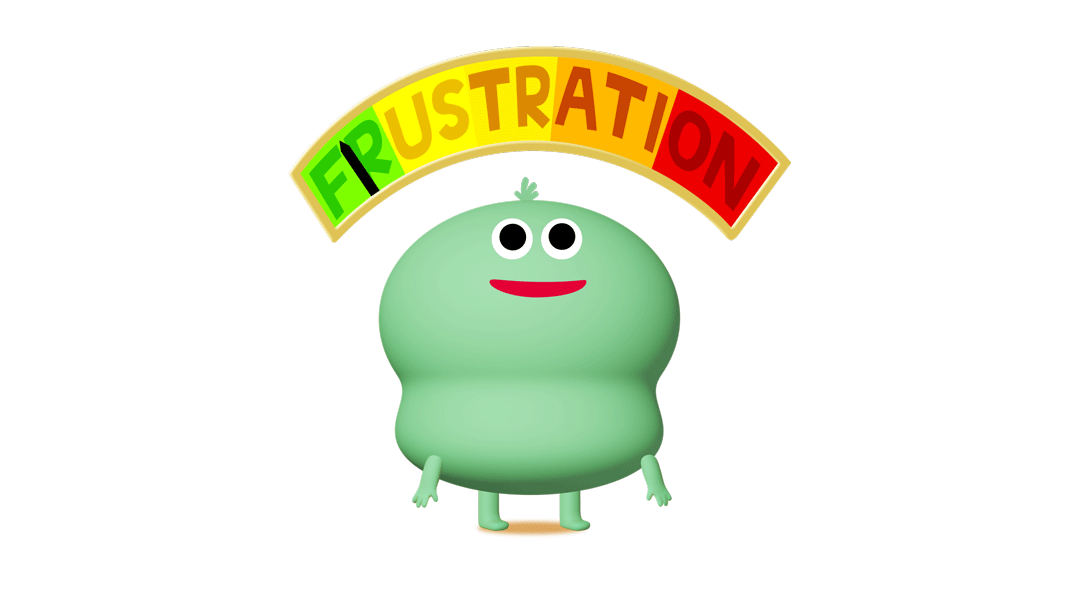As your toddler grows more independent, they’ll start to test the limits of what they can and can’t do. This stage is an essential part of learning and adjusting to social situations, but it isn’t always easy – for either of you.
By encouraging your wee one to develop in this way, you’ll help them to discover new abilities, but also to understand that what they want to do may sometimes be unsafe, or could hurt or upset other people.
The boundaries you create are vital to help your kids feel safe and make the world that wee bit easier to understand. No child can feel confident if they have unlimited freedom or responsibility. But they will test the boundaries you set. This is the way they start to understand themselves and the world.
Why do toddlers have tantrums?
The first thing to remember is that tantrums are completely natural. All kids have them. They’re your wee one’s way of expressing their frustrations.
All children are different, but on the whole the peak time for tantrums tends to be when they’re around 2 years old. At this age, children are learning to do many things, from talking to controlling their growing bodies. They want to do so much, but are often held back by their abilities. At the same time, they’re grappling with the rules of the world – and the fact that some things are not allowed. Because your little one can’t tell you what they’re feeling inside, they end up screaming and throwing themselves around.
Tantrums will usually begin to fade by 3, and by the age of 4 most toddlers have worked out that there are better ways to get what they want.
What can I do?

Photo of a toddler throwing a tantrum
Although a toddler mid-tantrum can seem all-powerful, they may actually be scared by how angry they feel. And while sometimes you might like to throw a tantrum too, there’s no point getting angry or shouting, as this just means you’ll lose control of the situation. So while you may feel helpless, and that there’s nothing you can do, we have some tricks you can keep up your sleeve to help you stay in control and deal with the situation. Our pages on preventing and dealing with toddler tantrums have lots of tips that can help.
What the experts say
‘Tantrums are how young children deal with frustrations and difficult emotions. If your child is throwing lots of tantrums it may help to try and work out what’s upsetting them. Sometimes even small changes in routine can lead to outbursts. You can help your child manage these difficult emotions by staying close by and offering comfort as this will calm them. Do not ‘give in’ to your toddler’s demands – they must not see tantrums as a way of getting what they want. Staying calm and being there for your child can help them learn better ways to express their feelings.’
Sue Packham, Interim Head of Nursing, Health Visiting Service, Perth & Kinross, NHS Tayside
Family Support Directory
Find more support to help you with your child's behaviour from trusted organisations in our Family Support Directory.

